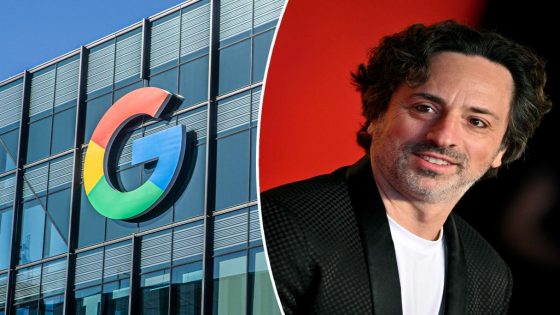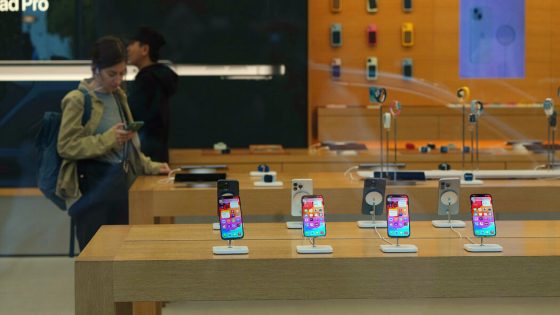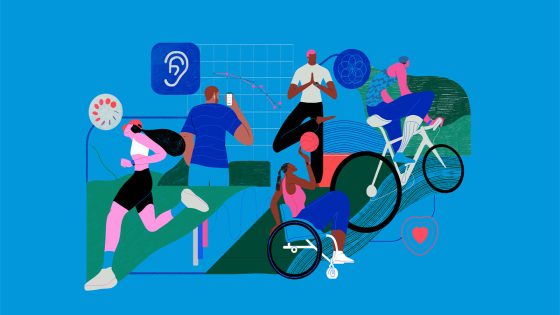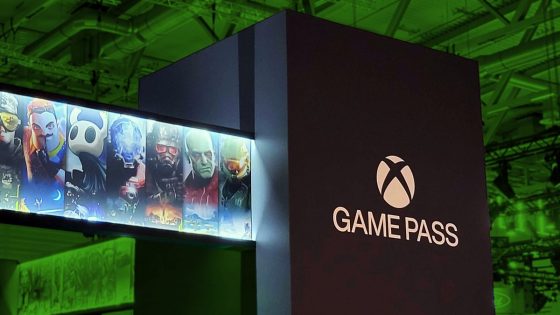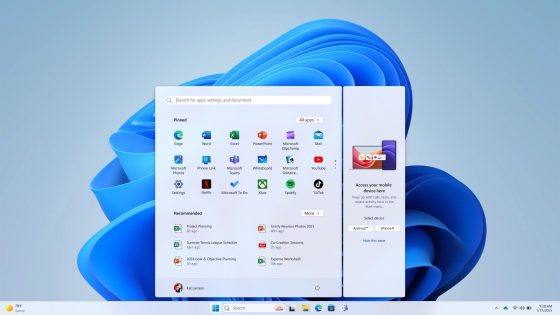In a bold move to enhance productivity, Google co-founder Sergey Brin is urging AI employees to work at least 60 hours a week in the office. As of February 28, 2025, this directive comes amid fierce competition from tech giants like OpenAI and Meta. But is longer work hours the key to success in the race for artificial general intelligence?
- Sergey Brin urges 60-hour workweeks for AI staff.
- Competition from OpenAI, Meta, and others intensifies.
- Brin criticizes employees for low productivity.
- Google requires three days in-office attendance.
- AI development is a priority for Google.
- Meta lays off employees amid performance concerns.
Google’s Sergey Brin Advocates for Extended Office Hours Amid AI Competition
Could longer hours really lead to better AI innovations? Sergey Brin believes so. In a recent memo, he emphasized that spending 60 hours in the office is the “sweet spot of productivity” for teams working on Google’s Gemini AI models. This directive aims to position Google ahead in the race for artificial general intelligence (AGI).
Impacts of Extended Work Hours on AI Development and Employee Morale
Brin’s memo has sparked conversations about productivity and employee engagement. While he insists that longer hours are essential, some employees may feel the pressure negatively. Here are key points to consider:
- Increased hours may lead to burnout among employees.
- High expectations could foster a competitive but stressful work environment.
- Brin’s approach might not resonate with all employees, potentially affecting morale.
- Google currently mandates three days in the office, raising questions about flexibility.
Examining the Competitive Landscape of AI Development
The AI sector is rapidly evolving, with companies like OpenAI and Meta making significant strides. These firms have recently updated their chatbot technologies, intensifying the race for AGI. As tech leaders push for higher productivity, how will this impact innovation and employee retention?
The Future of Work in Tech: Balancing Productivity and Well-Being
As the demand for innovation grows, tech companies must find a balance between productivity and employee well-being. Will longer hours yield better results, or will they harm the very creativity needed for breakthroughs in AI? This ongoing debate will shape the future of work in the tech industry.



